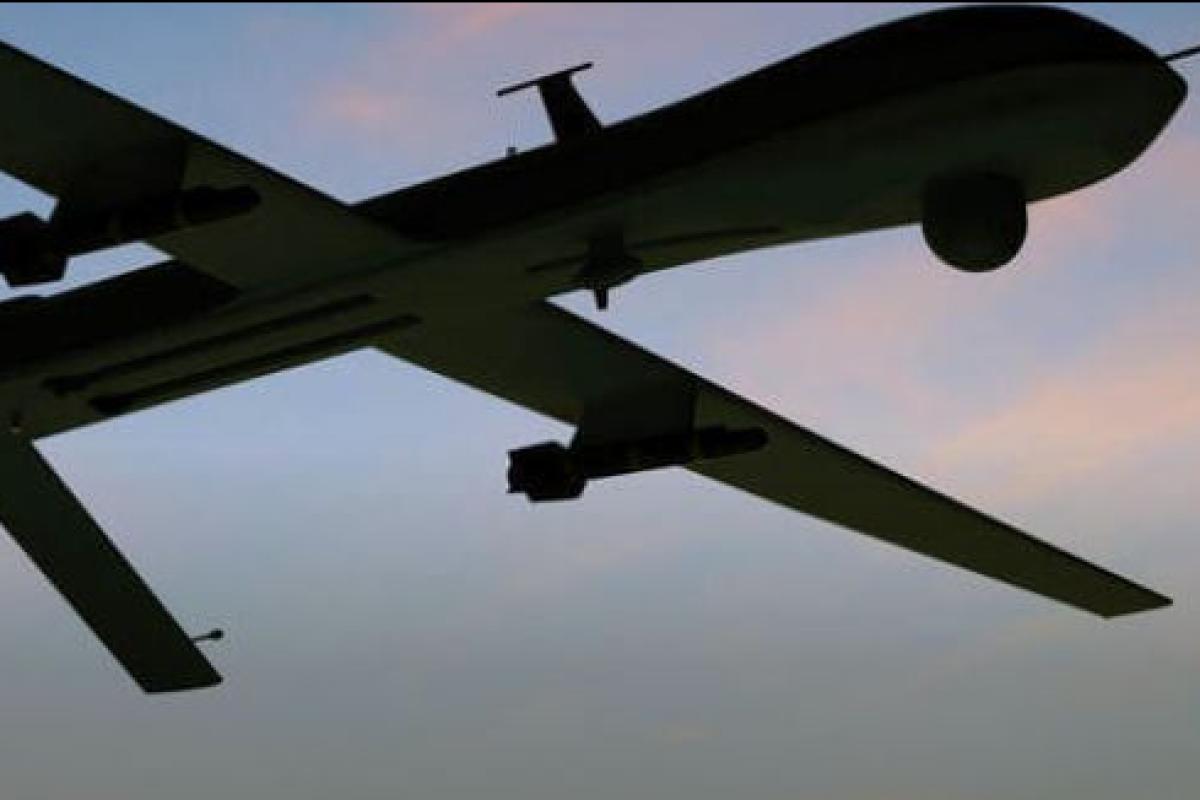Unité 3 | Ressource Texte

A.I. is on the front lines of the war in Ukraine
Wars always play a pivotal role in advancing technology and Russia’s invasion of Ukraine is no exception.
A.I. is on the front lines of the war in Ukraine
BY JEREMY KAHN March 1, 2022
War is terrible. But it has often played a pivotal role in advancing technology. And Russia’s invasion of Ukraine is shaping up1 to be a key proving ground2 for artificial intelligence, for ill and, perhaps in a few instances, for good, too.
Civil society groups and A.I. researchers have been increasingly alarmed in recent years about the advent of lethal3 autonomous weapons systems—A.I.-enabled weapons with the ability to select targets and kill people without human oversight4. This has led to a concerted effort at the United Nations to try to ban or at least restrict the use of such systems. But those talks have so far not resulted in much progress.
Meanwhile, the development of autonomous weapons has continued at a quickening pace. Right now, those weapons are still in their infancy. We won’t see humanitarian groups’ worst nightmares about swarms of “slaughterbot”5 drones realized in the Ukraine conflict. But weapons with some degree of autonomy are likely to be deployed by both sides. (…)
Russia has made A.I. a strategic priority. Vladimir Putin, the country’s president, said in 2017 that whoever becomes the leader in A.I. “will become the ruler of the world.” But at least one recent assessment, from researchers at the U.S. government–funded Center for Naval Analyses, says Russia lags6 the U.S. and China in developing A.I. defense capabilities. (…)
A.I. might also play a vital role in the information war. Many fear that A.I. techniques such as deepfakes7—highly realistic video fakes created using an A.I. technique—will supercharge Russian disinformation campaigns, although so far there is no evidence of deepfakes being used. Machine learning can also be used to help detect disinformation. The large social media platforms already deploy these systems, although their track record in accurately identifying and removing disinformation is spotty8 at best.
Some people have also suggested A.I. can help analyze the vast amount of open source intelligence coming out of Ukraine—everything from TikTok videos and Telegram posts of troop formations and attacks uploaded by average Ukrainians to publicly available satellite imagery. This could allow civil society groups to fact-check the claims made by both sides in the conflict as well as to document potential atrocities and human rights violations. That could be vital for future war crimes prosecutions.
Finally, the war has deeply affected world’s A.I. researchers, as it has everyone else. Many prominent researchers have engaged in discussion over Twitter about how best the profession should respond to the conflict and how the technology it works on could help end the current conflict and alleviate human suffering, or at least prevent future wars. (…)
The physicists working on nuclear power understood immediately the implications of what they were creating and were at the forefront of efforts to govern atomic weapons—even if they were overly sanguine about the prospects for international control. Too many of today’s computer scientists seem willfully blind to the political and military dimensions of their work and too willing to leave the hard task of figuring out how to govern A.I. to others. Perhaps this war will be a wake-up call for them, too.
1 shape up = develop satisfactorily
2 proving ground = area for testing
3 lethal = deadly
4 oversight = supervision
5 slaughter = action of killing many people
6 lag = fall behind in a race
7 deepfake = deep learning + fake = video digitally altered maliciously
8 spotty = incomplete
Questions :
1) Pairwork :
Student A : List the negative roles AI can have in wartime.
Student B : List the positive roles AI can have in wartime.
2) Students A + B : Share your findings and recap what you have found out about AI.
3) List the different AI-based techniques used.
4) Explain who can try and who tries to regulate the impact of AI.
5) You are a scientist invited at the United Nations. Prepare a speech to raise awareness about the positive and negative impact AI can have in the current conflict.
Crédits :
https://fortune.com/2022/03/01/russia-ukraine-invasion-war-a-i-artificial-intelligence/






